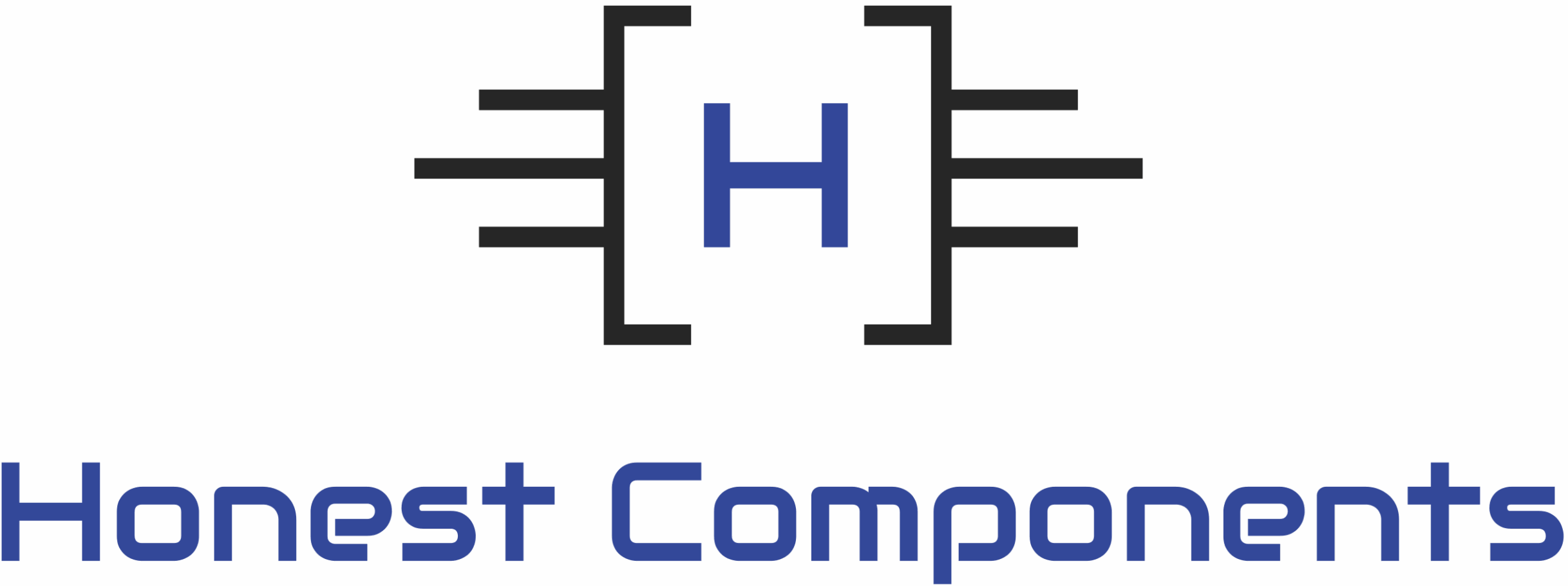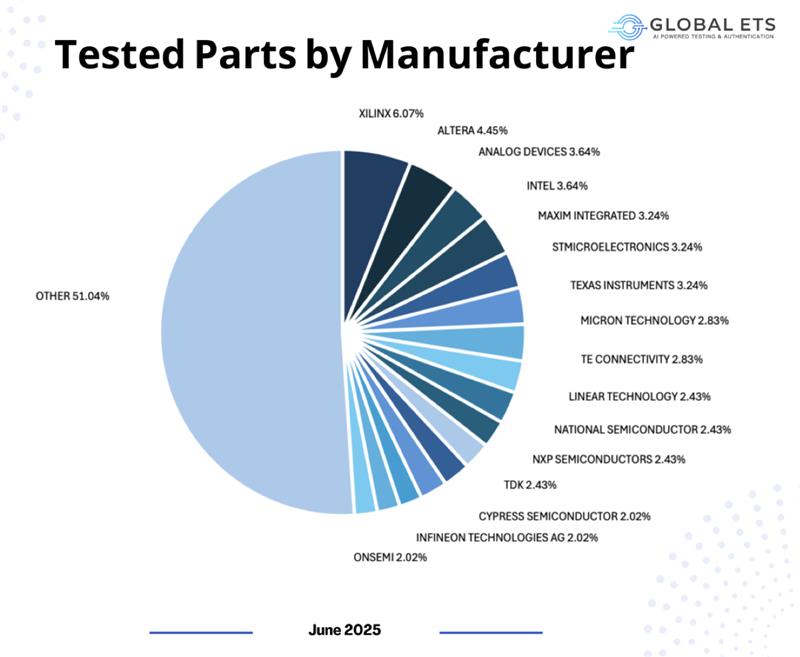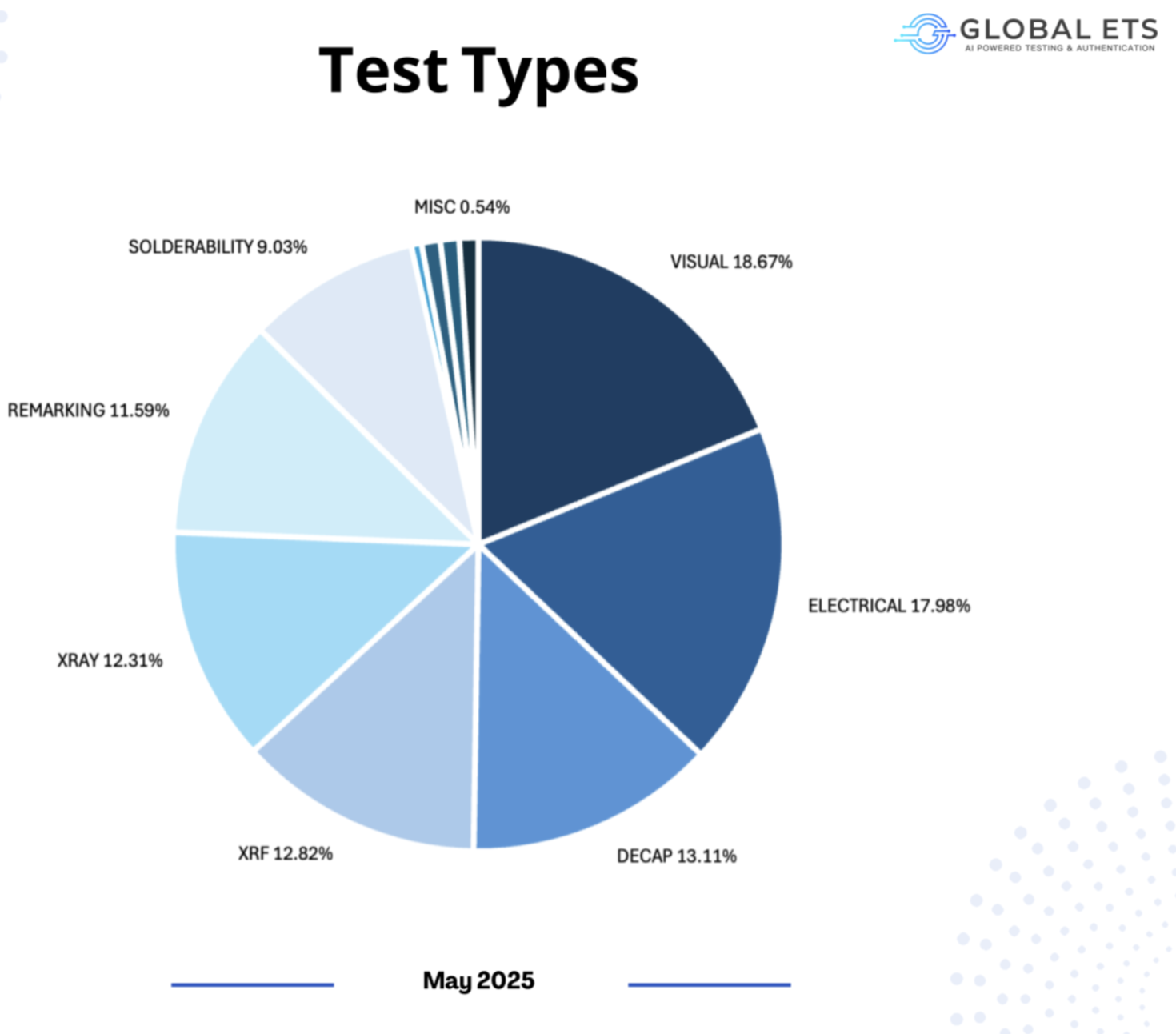In the highly regulated world of electronics, sourcing board-level components from unrecognized suppliers poses significant risks, particularly in critical sectors such as aviation, healthcare, military and general electronics. The potential pitfalls are not merely theoretical, they can lead to catastrophic failures, regulatory penalties, and severe financial repercussions not only with the malfunction of equipment but possible litigation and fines due to regulatory non-compliance.
The Importance of Quality Assurance
Jackie Schwab, President of Honest Components, explains that when dealing with essential systems, the quality of components cannot be overstated. Aircraft electronic systems are designed with safety as a top priority. “A failure due to substandard or counterfeit components can result in loss of control, jeopardizing the lives of passengers and crew. Regulatory bodies like the FAA and EASA enforce strict compliance and oversight in aviation, making it imperative for companies to source components from suppliers that demonstrate adherence to the necessary standards.
“In the medical field, the stakes are similarly high. Medical devices rely on precise electronic components to ensure accurate readings and reliable performance. Counterfeit or low-quality components can lead to misdiagnoses or equipment malfunctions, posing serious risks to patient safety. Regulatory bodies such as the FDA impose stringent requirements on medical device manufacturers, making it crucial for them to partner with certified suppliers who are certified with the necessary regulatory compliance,” Ms Schwab notes.
The Role of Certifications
To mitigate these risks, Ms Schwab emphasizes that it is essential to work with suppliers that are ISO 9001:2015 and AS9120B certified. These certifications indicate that a supplier has implemented rigorous quality management systems and adheres to industry best practices. ISO 9001:2015 focuses on consistent quality management, while AS9120B specifically pertains to aerospace supply chain management. Together, they offer a framework that enhances the likelihood of sourcing high-quality components.
The Need for Independent Testing
“Testing labs should also be certified to AS6081 test methods, including Functional Electrical Testing. This certification demonstrates that the laboratory employs rigorous testing methodologies to verify that components meet required specifications. It is crucial to ensure that the supplier’s counterfeit mitigation strategies are not only in place but also effectively followed through.
“To address potential conflicts of interest, utilizing independent third-party test labs is essential. Relying solely on the supplier’s testing capabilities can lead to complacency or, worse, the overlooking of critical quality issues. If a supplier hesitates to allow independent testing, it raises red flags about their commitment to quality and transparency,” Ms Schwab adds.
Independent testing labs can provide an objective assessment of component quality, ensuring that what’s being sourced meets industry standards and specifications. This step is vital, especially in high-stakes industries where the consequences of failure can be dire.
Ms Schwab cautions, “The pitfalls of sourcing board-level components and electronic replacement parts from unrecognized suppliers cannot be ignored. The risks to aircraft safety, patient health in medical devices, and the reliability of general electronic products are too significant to overlook. Companies must prioritise quality assurance by partnering with ISO 9001:2015 and AS9120B certified suppliers who are certified to AS6081 testing methods.”
“Businesses should insist on the involvement of independent third-party testing labs to verify the integrity of their components. This proactive approach not only enhances safety and reliability but also protects a company’s reputation and bottom line in an increasingly competitive landscape,” she concludes.




